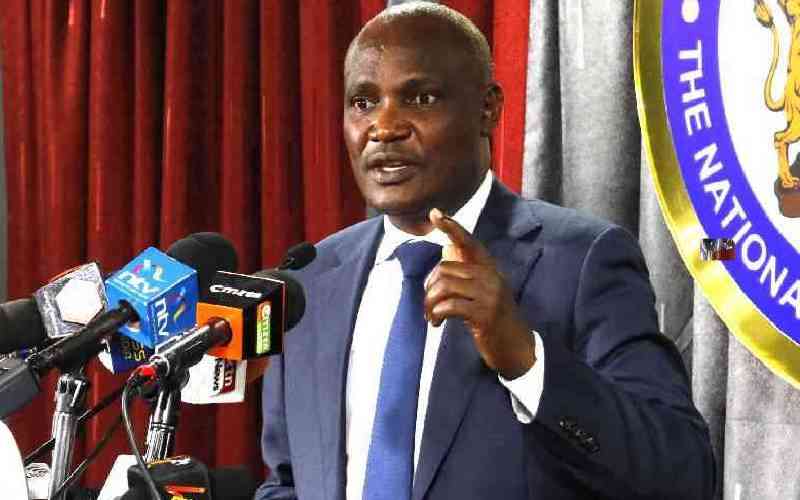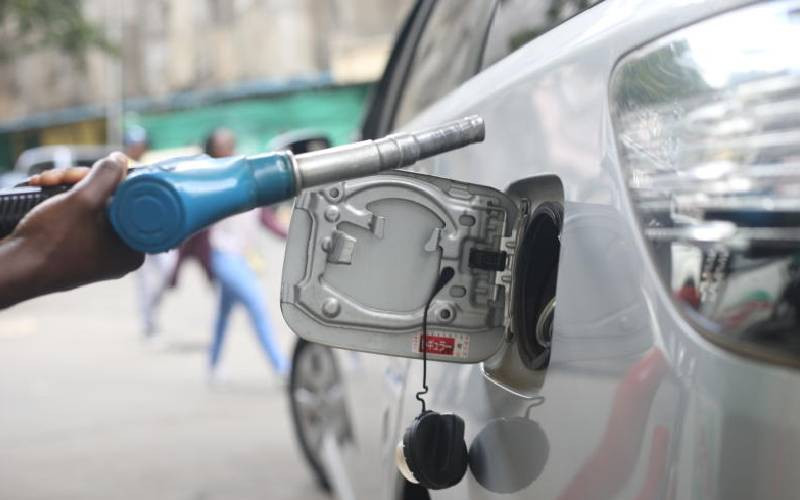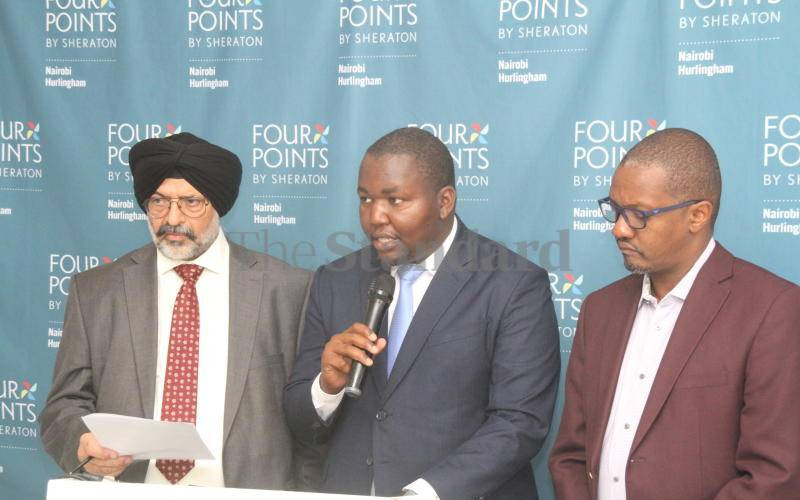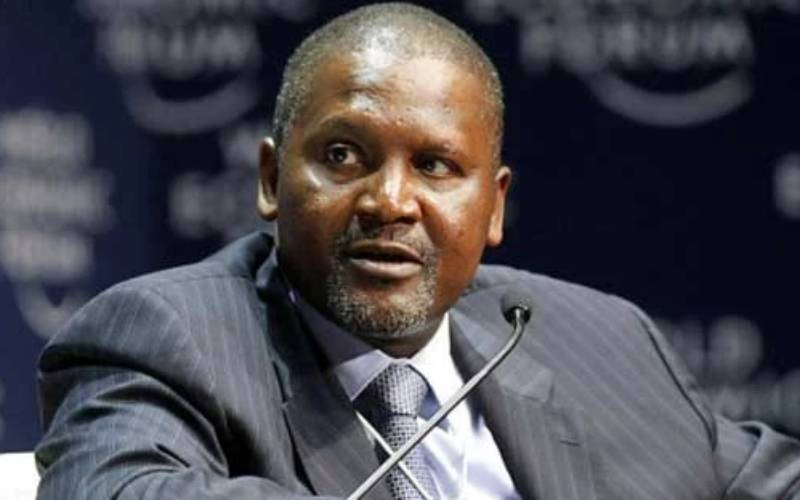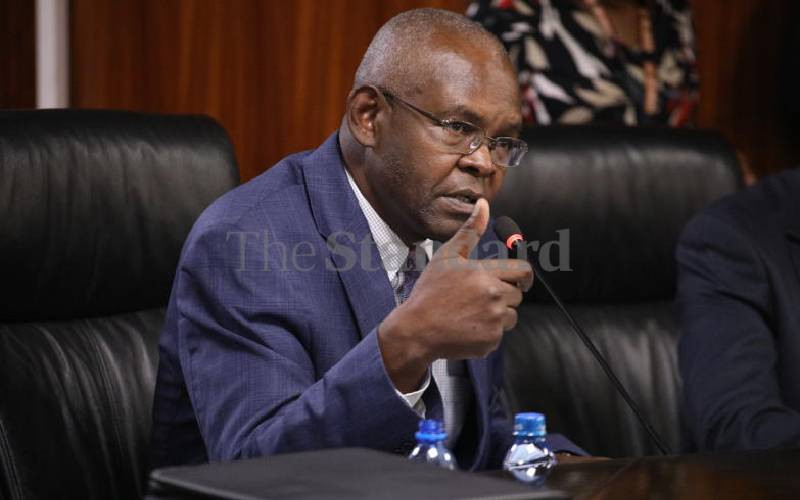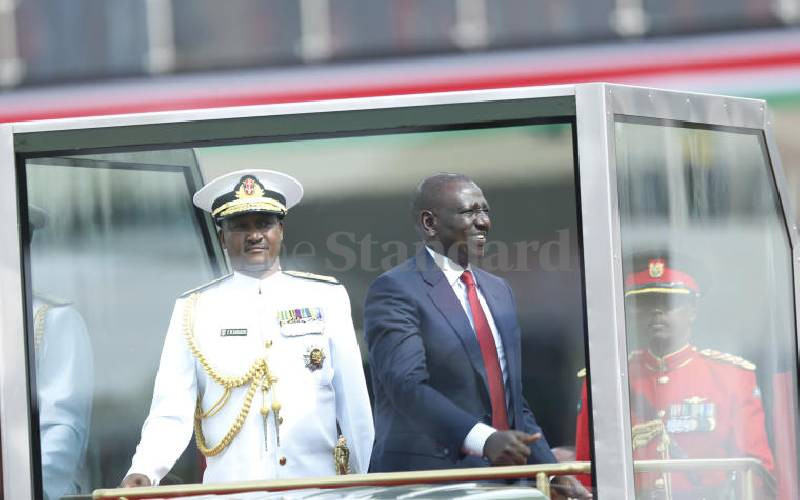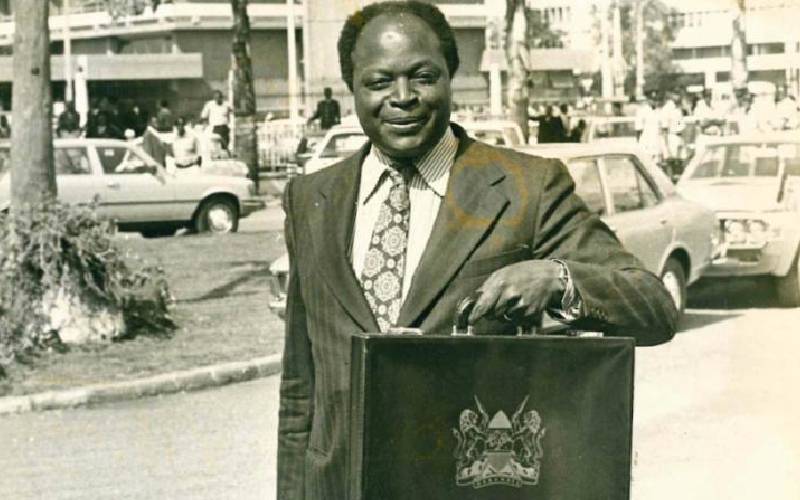
There was a joke on the streets that if you asked Emilio Mwai Kibaki for money, he would politely ask you to visit a bank and get a loan.
Some thought that President Kibaki, who died yesterday at the age of 90, was tight-fisted. So mean was he, they lamented, that upon rising to power, he mopped up all the loose coins that people would previously bump into.
There was no better way for an economist to announce his tenancy at State House other than by making citizens realise, albeit painfully, that money is a scarce resource.
With Kibaki at the helm, money was not going just anywhere. As economists would put it, resources - labour, capital, land and entrepreneurship - were being allocated efficiently.
“He put the little that was there into productive investments,” University of Nairobi Economics lecturer Samuel Nyandemo said yesterday. No wonder the first thing Kibaki did when he rose to power was ending harambees (fundraisers) by government officials.
Kibaki — who grew up in poverty in Othaya — believed that one must work hard to earn money. There was no such thing as free lunch. And, literally, sometimes not even a cup of tea. The beverage was not served, remembers Gerrishon Ikiara, who was the Transport Permanent Secretary in Kibaki’s first term.
Even the Free Primary Education (FPE) that he launched would be paid for through taxes, which he encouraged Kenyans to religiously pay if they were to be masters of their own destiny. He also tried to reduce dependence on international borrowing, said Dr Ikiara, and encouraged people to pay taxes, noting that “taxes are your sweat.”
Darling of private investors
Suddenly, the wheels of the economy were turning, often times faster than they ever did before. People were moving around more. Trading more. Calling more. Learning more.
“Here was a great man, a wise man, a gentleman with focus and a lot of wisdom in terms of economic issues,” said Dr Nyandemo, adding that Kibaki uplifted the economy from its lowest levels.
The national cake - or Gross Domestic Product (GDP) - increased more than five times from Sh1 trillion in 2002 to Sh5.3 trillion by the time Kibaki was leaving office.
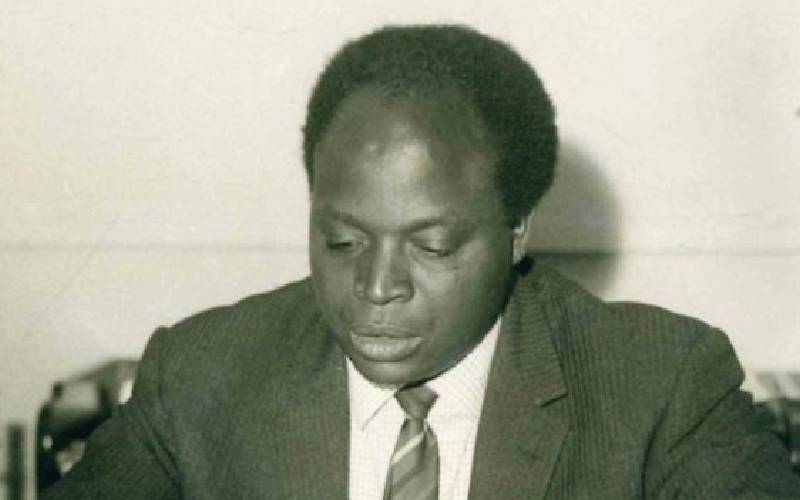
All this was possible because he was a darling of private investors. He created an enabling environment that not only made it easier for people to start and grow business - whether it was a mama mboga getting a loan from a microfinance institution to set a kibanda, or a telecommunications company keen on expansion and listing its shares at the Nairobi Securities Exchange.
The architect of the Look-East policy (even though he never inclined himself to either East or West), Kibaki introduced Kenya to superhighways, bypasses, modern ports and the Standard Gauge Railway, by taking billions of unconditional loans from China.
If Kenyans today see their country as a middle-income country, that is because Kibaki, first through the Economic Recovery Strategy (ERS) and then Vision 2030, dared to dream of an industrialising, middle-income country providing a high quality of life to all citizens.
In his 10-year reign, the profitability achieved by companies listed at the NSE is unparalleled, but so is the number of initial public offerings (IPOs) at the Nairobi bourse.
Kenya had relied heavily on foreign aid but Kibaki shifted the country to self-reliance by boosting revenue mobilisation. For example, in seven years, President Uhuru Kenyatta’s administration has not seen consistent growth in tax-to-GDP ratios.
However, in the seven years to the end of Kibaki’s term, the increase in tax revenue largely kept up with economic growth, with the only noticeable dip being in the 2009-2010 financial year when the economy was recovering from the effects of the 2007/ 2008 poll violence and the global recession of 2008.
A classmate of the famous Singapore Prime Minister Harry Lee Kuan Yew at the London School of Economics, before Kuan transferred to Cambridge’s Fitzwilliam College, Kibaki was concerned that some of his classmates had "achieved" more than him.
He introduced performance contracts, whereby different ministries were ranked. He tried as much as he could to minimise politics in the management of the economy.
He might have lost in the referendum of 2005, but he was politically astute. “He did not talk very much, but what he said was very much considered,” said Dr Ikiara.
But, perhaps, the genius of Kibaki lies in how he effortlessly achieved all that without micro-managing his team, without over-borrowing or over-taxing, or without over-helping the citizens. He let the ministers run their dockets, but he was also closely following what was happening in different projects.
It is something that saw Uhuru Kenyatta in 2004, then the Leader of the Official Opposition, criticise President Kibaki for what he described as a hands-off style, which he feared would result in unclear and unguided leadership.
But that was Kibaki; although he let people do their job, he also listened a lot.
 The Standard Group Plc is a multi-media organization with investments in media platforms spanning newspaper print
operations, television, radio broadcasting, digital and online services. The Standard Group is recognized as a
leading multi-media house in Kenya with a key influence in matters of national and international interest.
The Standard Group Plc is a multi-media organization with investments in media platforms spanning newspaper print
operations, television, radio broadcasting, digital and online services. The Standard Group is recognized as a
leading multi-media house in Kenya with a key influence in matters of national and international interest.

